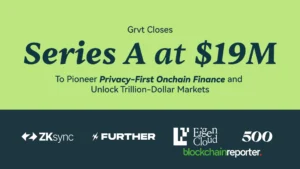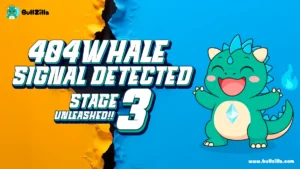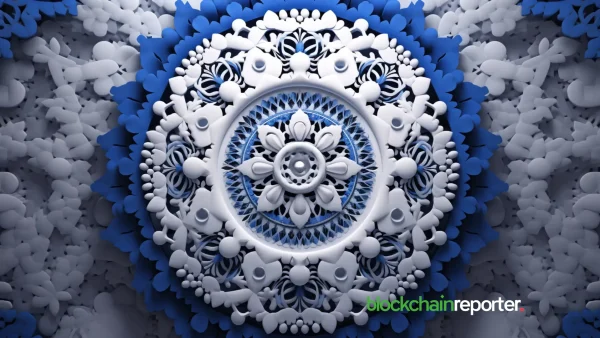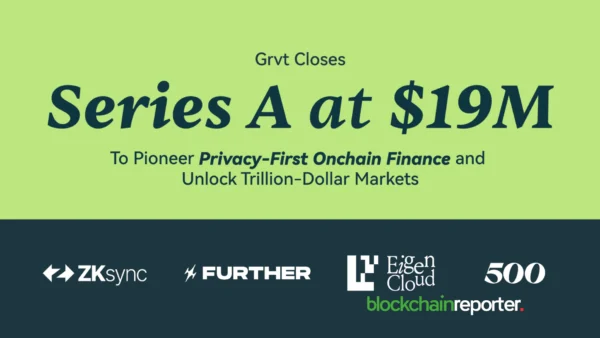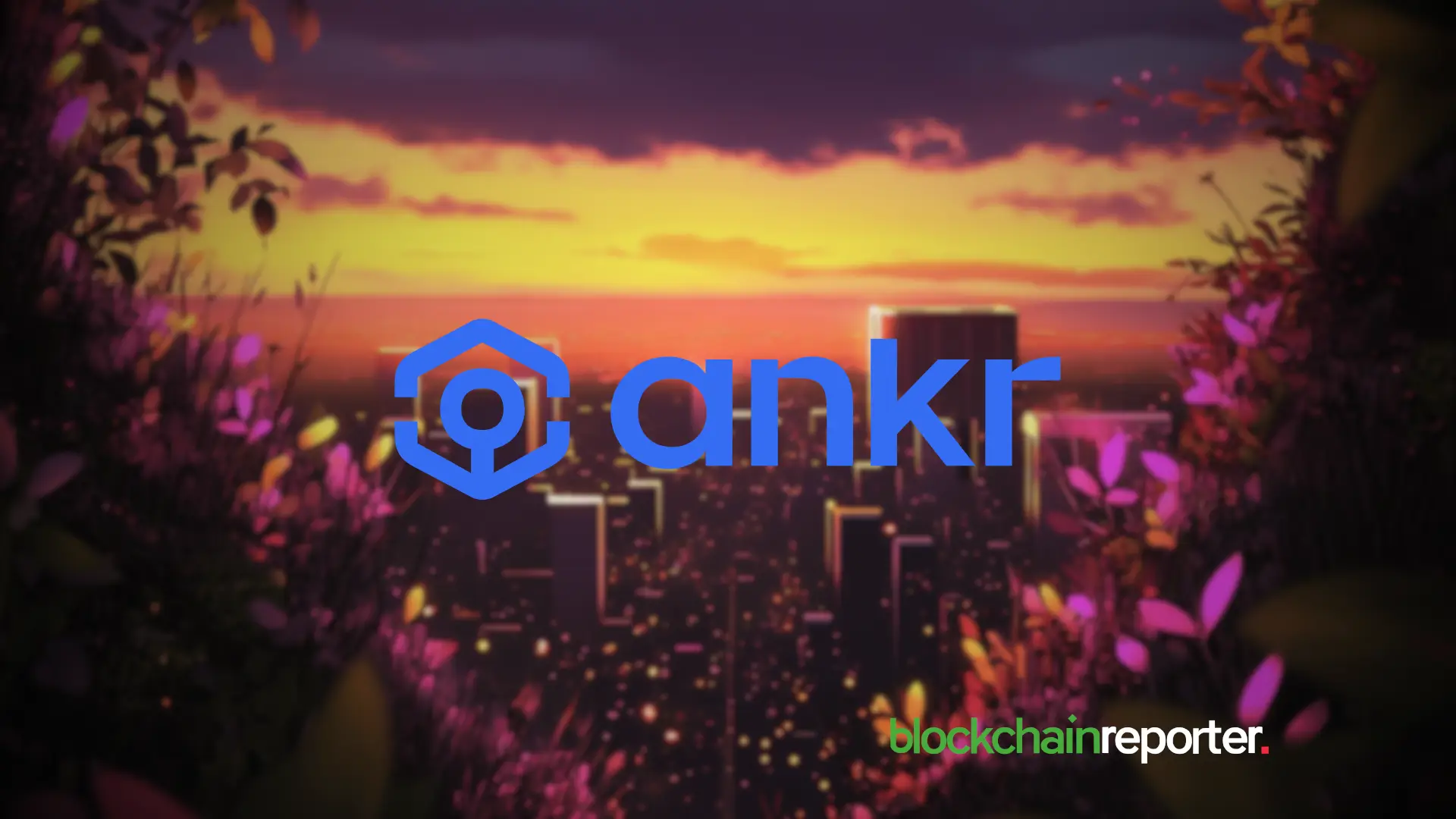
Ankr, one of the top providers of commercial Web3 infrastructure in the world, is ecstatic to present a revolutionary deployment of staking to an assortment of node providers on Ankr Network, the progressively decentralized RPC network that is offering this first-of-its-kind solution for commercial Web3 infrastructure. Users of Web3 will be able, for the first first time in history, to stake to complete and archive nodes on blockchain networks in order to receive a percentage of the fees that are paid to node administrators for accessing the blockchains.
Greg Gopman, Chief Marketing Officer at Ankr, said:
“Today marks a monumental achievement for Ankr. One where we have moved from a centralized infrastructure provider to a truly decentralized protocol solution, where token holders can contribute and earn across the network with us. This puts Ankr in a class of its own, as not only one of the best technology companies in the industry but one of the best pure plays for aligning with Multichain growth across Web3.”
The Ankr Network 2.0 With Fundamental Infrastructure Technology
The Ankr Network is a core infrastructure system that enables a worldwide network of operators who run enterprise-grade nodes alongside Web3 developers, decentralized application (dApp) developers, and businesses in order to support cryptocurrency transactions. This helps blockchain networks run quicker and more reliably than they could otherwise. Ankr has just introduced the Ankr Network 2.0, which details the company’s move from a centralized infrastructure platform to a decentralized infrastructure protocol. This upgrade is the biggest one Ankr has ever made to this service.
The move establishes Ankr as the industry’s sole enterprise-grade decentralized infrastructure provider and elevates it to the position of largest decentralized network operator in the space. With the introduction of ANKR token staking, all token holders will be able to directly contribute to the expansion of Web3 systems. With daily traffic demands exceeding 7 billion, the 2.0 update enables node providers to join the network and token holders to stake and collect revenue alongside these node providers.
Ankr is not a Proof-of-Stake blockchain in and of itself; nonetheless, it is a protocol that enables all major Proof-of-Stake (PoS) blockchains and manages a massive network of nodes on both the development layer (full nodes) and the consensus layer (validator nodes). The network presently supports more than 80% of blockchain traffic on Polygon, Fantom, and BNB Chain and has a possibility to become the dominant player on Ethereum as it transitions to Proof of Stake, where Ankr typically dominates in terms of speed and cost. Staking is vital to the network’s successful operation since it ensures that node providers adhere to performance criteria, ensuring that developers receive exceptionally quick and reliable responses to all RPC queries.
ANKR Rewards For Node Providers
Node providers are required to self-stake 100,000 $ANKR to their nodes in the form of an insurance deposit in order to obtain the privilege of serving RPC traffic that is coming into the network. In addition, token holders will be able to stake ANKR to support particular node providers on the network. Community members are given an active involvement in the process of determining whether service providers are trustworthy, performant, and deserving of a reputational boost as a result of the ANKR being delegated to node providers.
Node providers are eligible to collect ANKR incentives for each request that their nodes successfully fulfill after their nodes are successfully servicing blockchain request calls coming into Ankr Network. From all Ankr Network benefits accruing to independent nodes:
- 70% is allocated to the node, with 49% allocated to the staking insurance pool (individual stakers) and 51% allocated to the self-stake pool (node provider)
- 30% is allocated to the Treasury (controlled by Ankr DAO)
Due to the fact that nodes will serve local traffic in their own regions, Ankr Network is able to achieve incredibly low latency. In addition to this, it gives the free market the ability to exert some influence over the locations of the nodes.
Ankr has established the industry’s largest worldwide node network, thereby laying the groundwork for the development of Web3 in the years to come. It supports about 250 billion blockchain requests each month across 30 distinct chains and provides RPC solutions for 18 blockchain collaborators, making it the industry’s biggest RPC provider. Ankr also provides a set of developer tools, such as the Liquid Staking SDK, Web3 Gaming SDK, and App Chains as a Service, that enable dApp developers to construct Web3 applications fast and efficiently.



